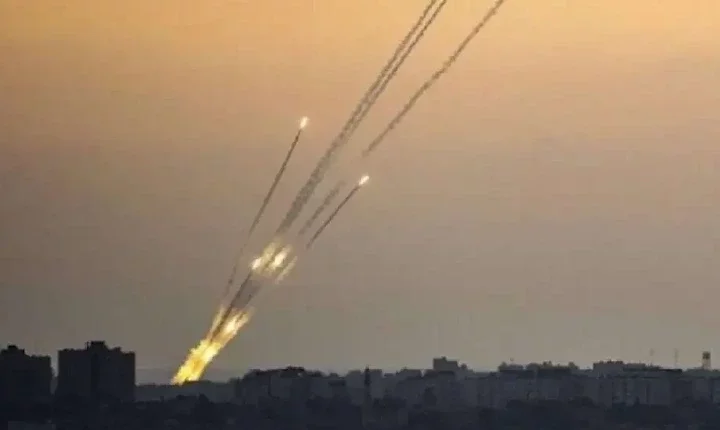
On Sunday, an Iranian military source disclosed new insights into the recent strike by the Revolutionary Guard on Israeli targets, revealing that Israel had relocated several F-35 fighter jets to neighboring countries out of concern for potential missile strikes.
According to the source, who spoke to Fars News Agency, "Israel had deployed a large number of its fighter jets to neighboring countries, fearing they would be targeted in the missile strike." This move reflects the heightened tensions in the region following the attack.
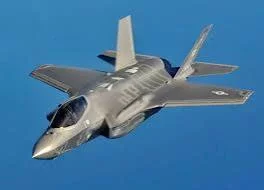
Satellite imagery has reportedly confirmed that the F-35 hangar was struck during the Iranian raid. The report from IntelSky indicated that at least 40 sites within the strategic Negev Desert's Navatim Base were targeted by Iranian missiles. Additionally, the Middlebury Institute noted that at least three F-35 fighter jets were among those affected during the strikes.
The Iranian military source elaborated that the operation, dubbed "True Promise 2," was executed in two phases, each lasting three minutes, during which approximately 200 missiles were launched, successfully hitting around 90% of their intended targets.
According to reports from Shafaq News, Abdolreza Siddiq, a defense expert quoted by the agency, stated that Iran has utilized less than one fifth of its missile capabilities in recent operations against Israel. He emphasized that this indicates Iran's capacity to launch at least 7,000 missiles within a 24 hour timeframe if necessary.
In response to the strike, the Israeli government sought to downplay the incident, asserting that it caused only minor damage to some military bases. Furthermore, Israeli officials have indicated preparations for a "massive attack on Iran" in retaliation for the missile strikes. This rhetoric heightens global concerns about a potential full scale regional war, particularly if Israel were to target Iran's nuclear facilities, despite assurances from U.S. President Joe Biden aimed at de-escalating tensions.
The ongoing conflict has raised alarms in the international community as the stakes continue to rise. The potential for an expanded military confrontation looms large, with the possibility of significant implications not only for Israel and Iran but also for regional stability in the Middle East.

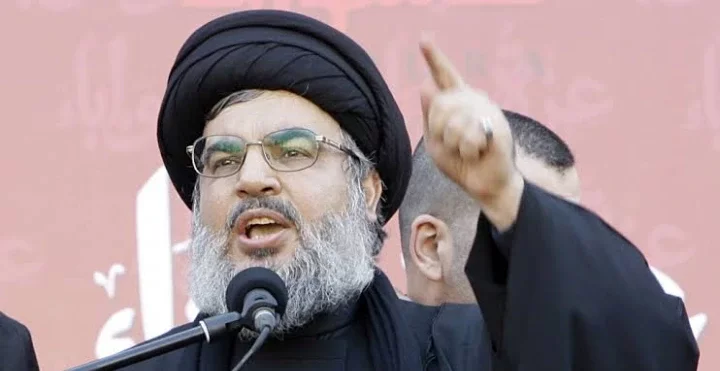
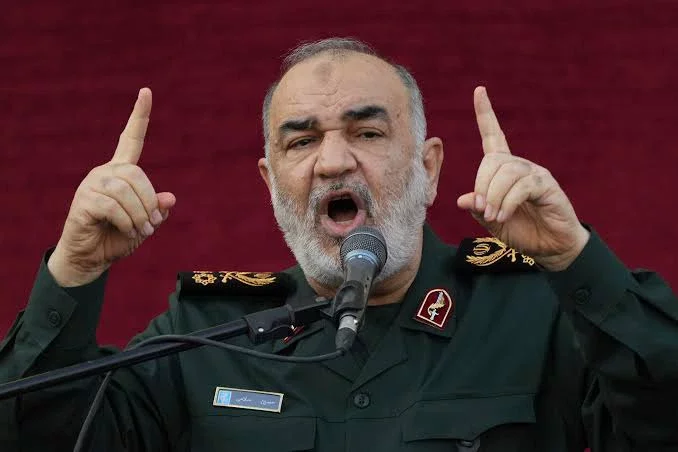
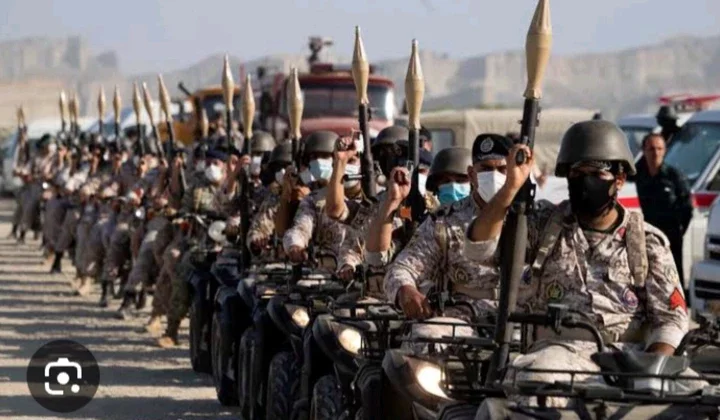
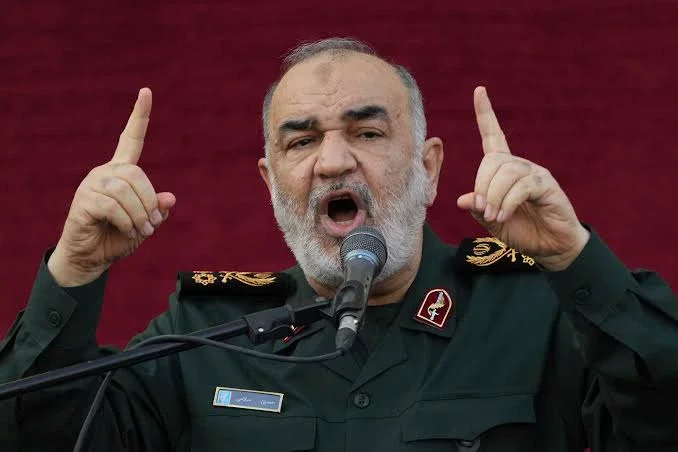
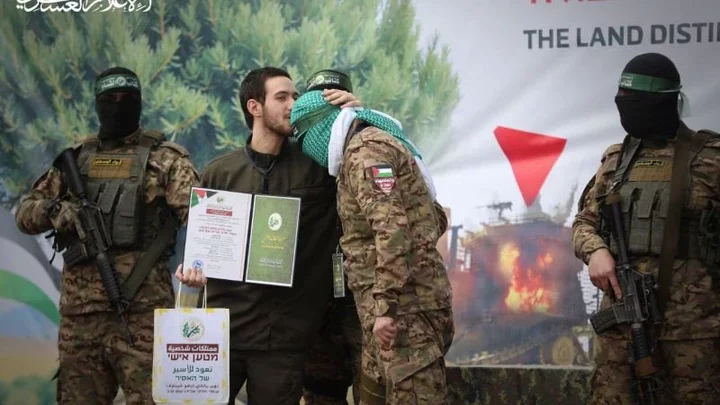


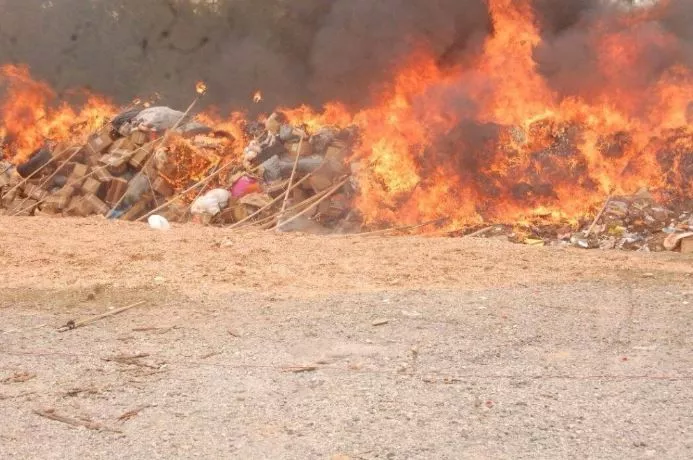








Comments